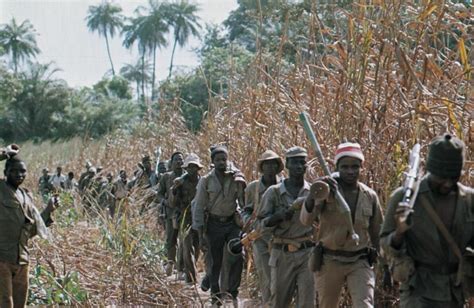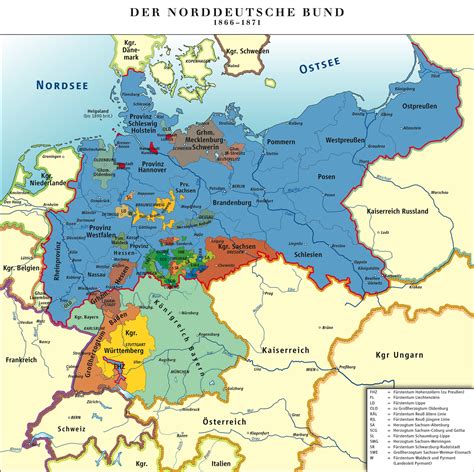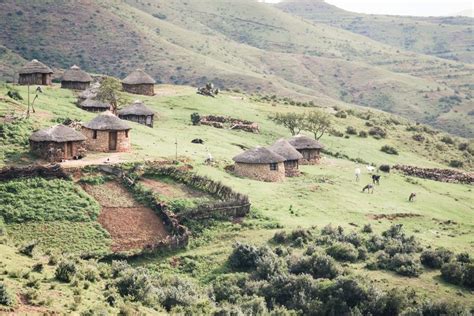Explore Guinea-Bissau’s history from pre-colonial times to modern era, including Portuguese impact, independence movement, civil war, and post-war development.
Pre-colonial Guinea-Bissau
Contents
Guinea-Bissau’s pre-colonial history is rich and diverse, with evidence of human habitation dating back thousands of years. The region was home to various ethnic groups, including the Mandinka, Fulani, and Balanta peoples, each with their own distinct cultures and traditions. These societies were organized into chiefdoms and kingdoms, such as the Kaabu Empire, which exerted influence over the region for centuries. The pre-colonial period was characterized by trade, agriculture, and craftsmanship, with communities engaging in the production of textiles, ironwork, and pottery.
Furthermore, pre-colonial Guinea-Bissau was a center of commerce and interaction, with the presence of both Arab and European traders along the coast. This facilitated the exchange of goods, ideas, and technologies, contributing to the cultural and economic development of the region. The landscape of Guinea-Bissau was also dotted with impressive architectural feats, such as the stone circles of Gabú, which are believed to have served as burial sites and ceremonial spaces for the ancient inhabitants of the area.
Additionally, religion and spirituality played a significant role in pre-colonial Guinea-Bissau, with the practice of animism and the presence of religious leaders and shamans who held important positions within their communities. Rituals, ceremonies, and gatherings were held to honor ancestors, seek guidance from deities, and mark significant events, reflecting the deep spiritual connection of the people to their land and traditions.
Overall, the pre-colonial history of Guinea-Bissau is a testament to the resilience, creativity, and complexity of its indigenous cultures, providing a foundation upon which the future of the nation would be built.
Portuguese colonization and impact
The Portuguese colonization of Guinea-Bissau began in the 15th century, when the first European traders arrived on the coast of West Africa. The Portuguese established trading posts and forts along the coast, and eventually expanded their control inland. They were primarily interested in the slave trade and the export of valuable commodities such as gold, ivory, and spices. As a result of Portuguese colonization, the local population suffered from forced labor, exploitation, and the introduction of new diseases.
Under Portuguese rule, Guinea-Bissau became part of the vast Portuguese Empire, and its resources were exploited to enrich Portugal. The impact of colonization on the local culture and society was significant, as the Portuguese imposed their language, religion, and administrative systems on the indigenous population. Many traditional African customs and institutions were suppressed or eradicated.
The Portuguese also brought significant changes to the economy and environment of Guinea-Bissau. They introduced cash crops such as cashew nuts and peanuts, and built infrastructure such as roads and ports to facilitate trade. However, these developments primarily served the interests of the Portuguese colonial authorities and their commercial partners, rather than benefiting the local population.
Despite the negative impact of Portuguese colonization, it also had some lasting effects on the culture and society of Guinea-Bissau. The fusion of African and Portuguese influences gave rise to a unique creole culture, and many Guineans today have mixed African and Portuguese ancestry. The Portuguese legacy is also evident in the architecture, cuisine, and music of the country.
Independence movement and struggle
Guinea-Bissau’s struggle for independence from Portuguese colonial rule was a long and arduous process that lasted for more than a decade. The demand for independence escalated in the 1950s and 1960s as various political parties and liberation movements were formed to fight against Portuguese domination. The Partido Africano da Independência da Guiné e Cabo Verde (PAIGC), led by Amílcar Cabral, emerged as the primary force behind the independence movement, advocating for armed struggle and mobilizing mass support among the country’s population.
The PAIGC launched a guerrilla war against the Portuguese colonial forces in 1963, seeking to gain control over the territories and build a strong foundation for an independent Guinea-Bissau. The struggle was marked by intense fighting and widespread repression by the Portuguese authorities, but the PAIGC continued to garner support from both domestic and international allies, including neighboring countries and socialist bloc nations.
Despite facing significant challenges and setbacks, the PAIGC’s persistence and resilience eventually led to the declaration of independence on September 24, 1973, marking a significant milestone in the country’s history. However, the struggle was far from over as the Portuguese colonial forces launched a final offensive in a bid to maintain control over the territory.
Following a protracted and bloody conflict, Guinea-Bissau successfully achieved full independence on September 24, 1974, becoming the first country in sub-Saharan Africa to gain independence from colonial rule through armed struggle. The legacy of the independence movement and struggle remains deeply ingrained in the national identity and socio-political landscape of Guinea-Bissau, shaping the country’s historical narrative and its ongoing quest for development and stability.
Civil war and political instability
Guinea-Bissau experienced a tumultuous period of civil war and political instability following its independence from Portugal in 1973. The struggle for power between rival political factions, military coups, and external interference resulted in years of conflict and instability in the country.
The roots of the civil war can be traced back to the struggle for independence and the subsequent power vacuum left by the departing Portuguese colonial administration. The absence of a strong central government and the proliferation of armed groups vying for control led to a protracted period of violence and instability.
The political landscape was further complicated by external influences, as neighboring countries and international actors became involved in the internal power struggles within Guinea-Bissau. This interference exacerbated the conflict and prolonged the period of instability in the country.
The civil war and political instability had devastating effects on the population, with widespread displacement, human rights abuses, and economic hardship. The lack of security and governance further hindered the country’s development and perpetuated the cycle of instability.
In recent years, efforts have been made to address the legacy of the civil war and promote political stability in Guinea-Bissau. International interventions and diplomatic initiatives have sought to facilitate dialogue and reconciliation among the various factions, with the goal of establishing a durable peace and enabling the country to move towards a more stable and prosperous future.
Post-war development and modern era
Following the end of the civil war in Guinea-Bissau, the country embarked on a journey of rebuilding and development. The period after the war saw significant efforts being made to stabilize the political situation and stimulate economic growth. The government focused on addressing the social and economic implications of the conflict, as well as laying the foundations for a more stable and prosperous future.
The reconstruction process involved rebuilding infrastructure, including schools, healthcare facilities, and roads that were damaged during the war. The international community played a crucial role in providing aid and support to the country during this time. Investments were made in various sectors to kickstart the economy and create job opportunities for the people.
As part of the efforts to promote national reconciliation, the government implemented policies aimed at fostering unity among the diverse ethnic and cultural groups in the country. This was essential in addressing the underlying causes of the civil war and preventing future conflicts. The promotion of peace and stability became a cornerstone of the country’s post-war development agenda.
Guinea-Bissau also made strides in the realm of democracy and governance. The country held several successful elections, allowing for a peaceful transfer of power and the establishment of democratic institutions. The government worked towards bolstering the rule of law and promoting human rights, in order to build a more inclusive and transparent society.
In the modern era, Guinea-Bissau continues to face challenges related to poverty, corruption, and underdevelopment, but the country has shown resilience and determination in pursuing sustainable growth and development. With ongoing support from the international community, Guinea-Bissau strives to overcome its challenges and build a brighter future for its people.













